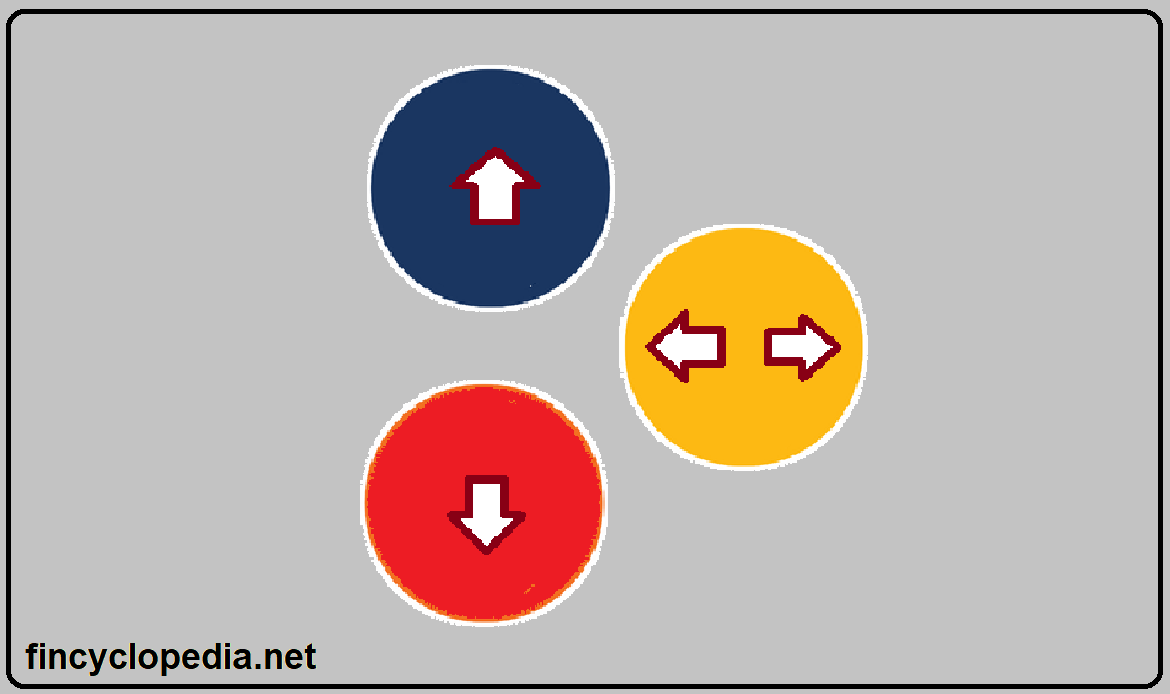A nominal account (temporary account) is a type of account (a general ledger account/ GL account) that closes at the end of each accounting year. Basically, an entity records accounting transactions in a nominal account for one accounting year. At the end of the accounting year, the balances in the account are transferred to a permanent account (real account).
A nominal account serves as a repository of transaction data for an accounting period of usually one year. Nominal accounts are temporary in nature because these accounts are zeroed out at the end of the accounting year with the transfer completing at the time. Therefore, these accounts begins the next period with a zero balance.
Nominal accounts are mainly income statement accounts. The main examples of such accounts are revenue and expense accounts- e.g., a sales revenue. A sale revenue account is zeroed out and closed at the end of the accounting period, and its credit balance is taken to a temporary account known as the income summary. At the end of the closing process, this income summary account is then closed and its balance transferred a permanent account- in which case, the equity account, specifically in an account on the balance sheet which is retained earnings. Even for accounts created during the closing process of certain accounts, are also temporary in nature and have to be closed at the end of an accounting year, such as a dividends account.







